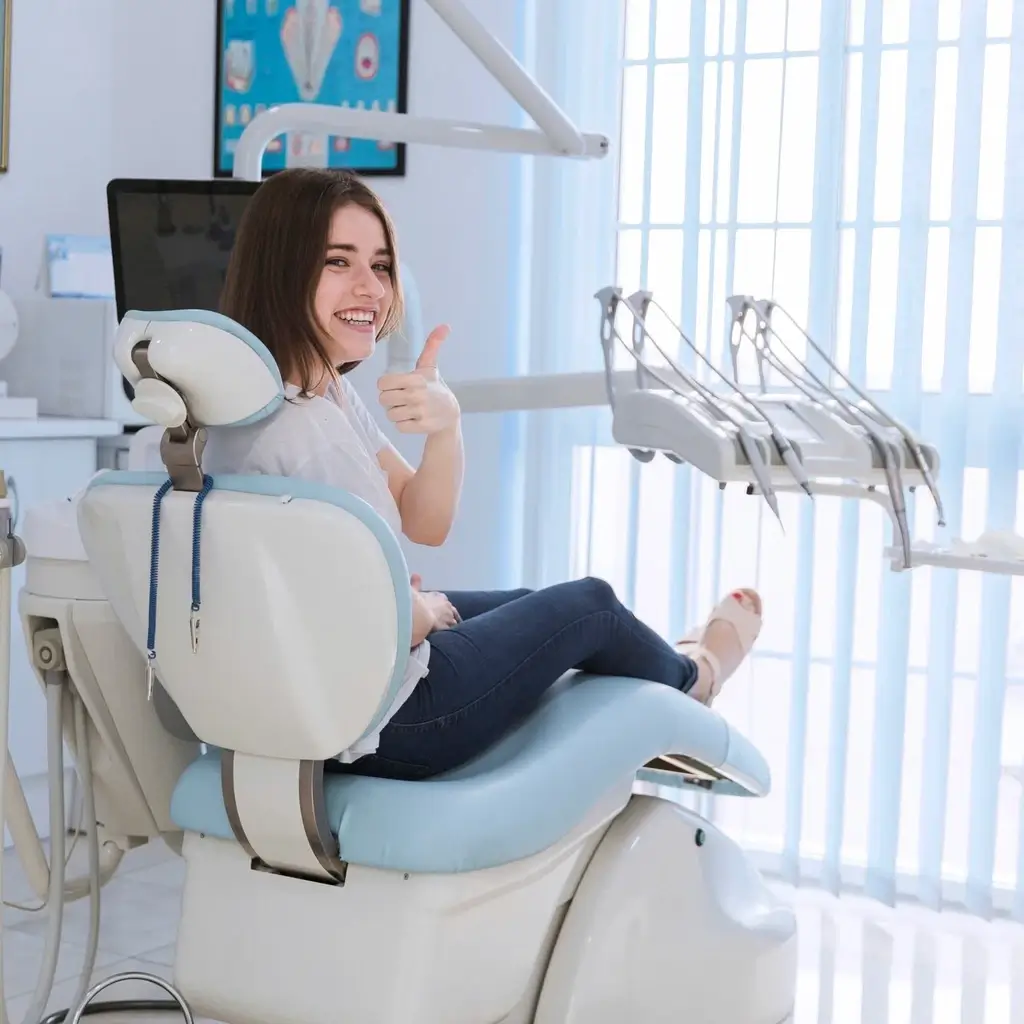Impacted teeth, including canines and other tooth types, are a common dental issue that can cause considerable pain and complications if left untreated. An impacted tooth is one that fails to erupt properly through the gum line, either remaining partially or fully below the surface. Canine teeth, in particular, are known for being the most frequently impacted teeth after wisdom teeth, which is why understanding the causes, symptoms, and treatment options available is essential to maintaining good oral health.
At our oral surgery practice, we are committed to providing our patients with comprehensive and intent-driven information about impacted teeth to help them make informed decisions about their dental care. In this comprehensive guide, we will discuss the various causes and symptoms associated with impacted canines and other impacted teeth, explore different treatment options available, and examine the critical role oral surgeons play in the successful management of impacted teeth.
Causes of Impacted Canines and Other Impacted Teeth
Several factors can contribute to the development of impacted teeth. Some of the most common causes include:
1. Genetics: A family history of impacted teeth can increase your likelihood of experiencing the problem.
2. Overcrowding: Insufficient space in the jaw or dental arch can prevent a tooth from erupting, causing it to become impacted.
3. Abnormal Eruption Angle: A tooth may not erupt properly if it is angled or positioned incorrectly within the jawbone.
4. Cysts or Tumors: Growths around the tooth can obstruct its path and lead to impaction.
5. Early or Late Tooth Loss: Losing baby teeth too early or too late can cause adult teeth to shift out of position, potentially leading to impaction.
Symptoms of Impacted Canines and Other Impacted Teeth
The symptoms of impacted teeth can vary depending on the type of tooth affected, its location, and the degree of impaction. Some common symptoms include:
1. Pain or Discomfort: Discomfort when biting or chewing, as well as general pain in the affected area, can be indicative of an impacted tooth.
2. Swelling or Redness: Swelling and inflammation around the impacted tooth are common symptoms.
3. Bad Breath or Unpleasant Taste: An impacted tooth can lead to infection, resulting in foul-smelling breath or a persistent unpleasant taste in the mouth.
4. Gum or Tooth Sensitivity: Patients may experience increased sensitivity in their gums or teeth near the impacted tooth.
5. Visible Gap: For impacted canines, an apparent space in the dental arch where the tooth should have erupted can be a telltale sign.
Treatment Options for Impacted Teeth
The management of impacted teeth typically involves a combination of orthodontic and surgical interventions. Treatment options include:
1. Orthodontic Treatment: Braces, retainers, or other orthodontic devices may be used to create space for the impacted tooth and guide its eruption.
2. Surgical Exposure: An oral surgeon can surgically expose the impacted tooth and place an orthodontic bracket or other device to guide the tooth into the proper position.
3. Tooth Removal: In some cases, the impacted tooth may need to be extracted to prevent complications or if its eruption is deemed unlikely.
4. Management of Complications: If impacted teeth lead to infections, cysts, or damage to adjacent teeth, additional surgical procedures may be required to address these issues.
5. Comprehensive Treatment Plan: To ensure the best possible outcome, your oral surgeon will work closely with orthodontists and other dental specialists to develop a customized treatment plan tailored to your needs.
The Role of Oral Surgeons in Managing Impacted Teeth
Oral surgeons play an essential role in the successful treatment of impacted canines and other impacted teeth. With their specialized training and expertise in dental surgery, they can provide the following services:
1. Evaluation and Diagnosis: An oral surgeon can determine the extent of impaction, identify the underlying cause, and assess the potential risks and complications associated with the condition.
2. Surgical Intervention: Oral surgeons have the skills and experience required to perform various surgical procedures related to impacted teeth, including surgical exposure and tooth extraction.
3. Collaborative Care: By collaborating with orthodontists and other dental professionals, oral surgeons contribute to the development and execution of a multidisciplinary, comprehensive treatment plan that addresses the unique needs of each patient.
Final Thoughts
Impacted canines and other impacted teeth can pose significant challenges to patients regarding discomfort and potential complications. By understanding the causes, symptoms, and treatment options available, you can make well-informed decisions about your dental care and ensure you receive the most effective and comprehensive treatment possible.
At Ridge Oral Surgery, our oral surgeon in Basking Ridge is dedicated to providing you with the highest quality care in a compassionate and supportive environment. If you’re concerned about impacted teeth or any other oral health issue, please don’t hesitate to reach out and schedule a consultation with our experts.
Together, we can develop a personalized treatment plan that meets your needs and sets you up for long-term dental health and well-being.




